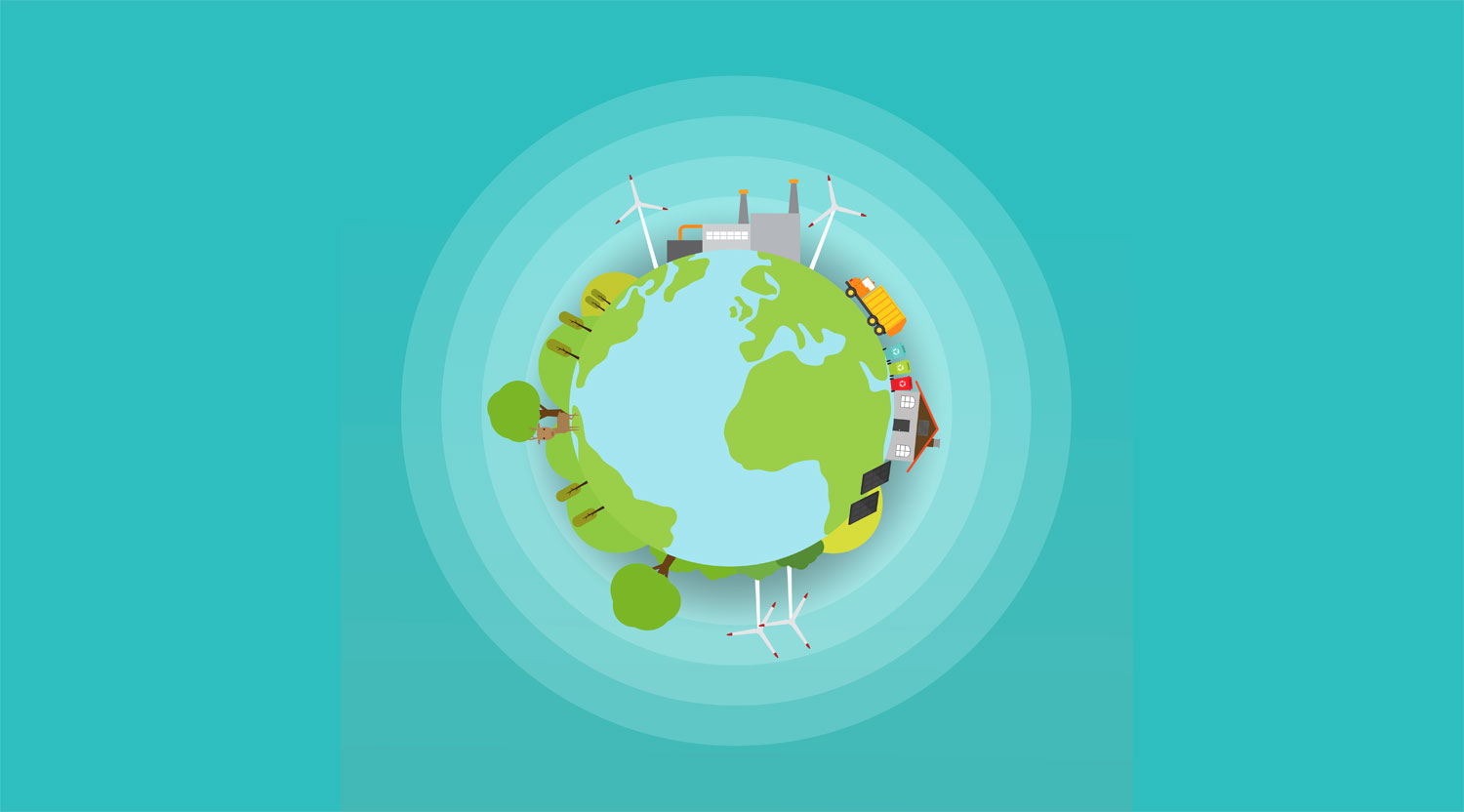

To be a clean city depends mainly on what is done with the waste. Even if all other problems are solved, if a city is found to be dirty, this will lead to unsanitary conditions and poor health.
The capital city of Muscat, which is a blend of the ancient and modern, has undergone dramatic changes in the past two or three decades. Along with the development of the city, waste management is also becoming a major concern for the authorities.
The increasing population density, economic diversity, industrial growth and urbanisation are the main reasons for the increase in the size and type of waste generation. Its management is a challenging issue because of the Sultanate’s adverse impact on environment and public health.
With a population of more than four million, Oman generates more than 1.7 million tonnes of municipal solid waste (MSW) each year on the domestic front alone. Lack of specialised waste water treatment facilities in Oman provides investors with a key business opportunity.
The average per capita waste generation is more than 1.2 kg per day, which is equivalent to 4,263 tonnes of MSW every day, among the highest in the world. By 2020, Oman is expected to produce 4.6 million tonnes of MSW per annum.
Currently, Oman’s MSW is characterised by a very high percentage of recyclables, primarily paper and cardboard (15 per cent), plastics (20.9 per cent), metals (1.8 per cent) and glass (4 per cent).
Effective waste management is central to Oman’s sustainable future and critical for the conservation of the country’s natural resources. As the volume of Omani waste grows, so does the urgency with which the country must focus on recycling, re-use and energy recovery.
According to the Public Authority for Investment Promotion and Export Development (Ithraa), social influences, altruistic and regulatory factors are some of the reasons why certain communities develop strong waste management, re-use and recycling habits.
“People who frequently go to the bins to dispose of waste are more likely to recycle products at home and in most cases, as the distance to recycling bins decreases, the percentage of items separated and collected at home for recycling increases,” it says in a report.
However, Omani household attitudes towards waste generation, utilisation, re-use and recycling are influenced by family size, level of education, gender, peer influence, location of household, waste collection service and awareness of environmental affairs, it points out.
The economics of recycling are currently unfavourable. In many cases, recycling waste is expensive compared with buying the product.
“With falling oil prices, a strong US dollar and a weakened Chinese economy, it is cheaper for plastics companies to use new or virgin materials than recycle. Industry estimates suggest that 2,000 US municipalities are paying to dispose of their recyclables instead of the other way around,” the report adds.
The state-owned Oman Environment Services Holding Company, Be’ah, has developed a diversion strategy that takes into account the nature of waste produced in Oman and its sources.
The strategy calls for recycling facilities for different waste streams that will help maximise value and support Oman’s economy through various value initiatives.
A major national project is also in the planning stage to recover energy from waste which will then be used to power and run a desalination plant that will generate a substantial amount of the much-needed potable water.
Ultimately, the diversion strategy aims to reduce the amount of waste disposed at landfills by utilising waste for different purposes.
There are only a few organisations engaged in recycling waste paper, cardboard and plastics. Most recycled products are exported to India, Pakistan and other Southeast Asian countries.
According to the Ithraa report, responsibility for consumer-related recycling shouldn’t fall entirely on the Omani consumer.
“Oman-based manufacturers and retailers that sell unrecyclable packaging should also make a change. Businesses responsible for those sales need to step up and take responsibility for financing collection and recycling of post-consumer packaging,” points out the report.
More Oman-made products should be designed for longer lifetimes, be ready to be disassembled, repaired, re-used and eventually recycled. Recycling should be routine in every Omani business. Less than 10 per cent of all plastic is currently recycled in the GCC.
Unfortunately, plastic is much more difficult to recycle than glass, aluminium or paper. A common problem with recycling plastics is that they are often made up of more than one kind of polymer or there may be a fibre added to the plastic (a composite).
Plastic polymers require greater processing to be recycled as each type melts at different temperatures and has different properties, so careful separation is necessary. Moreover, most plastics are not highly compatible with one another.
Apart from familiar applications like recycling bottles and industrial packaging film, there are new developments like covering pipes, window frames, roofing membranes and flooring.
The health policies in Oman stress that health and environment are interrelated elements, with which several official institutions are concerned. The policies also indicate some other factors such as agriculture, education, housing, social affairs, water, religious affairs, commerce and industry are tributes to the health of citizens.
SAMUEL KUTTY
Oman Observer is now on the WhatsApp channel. Click here



